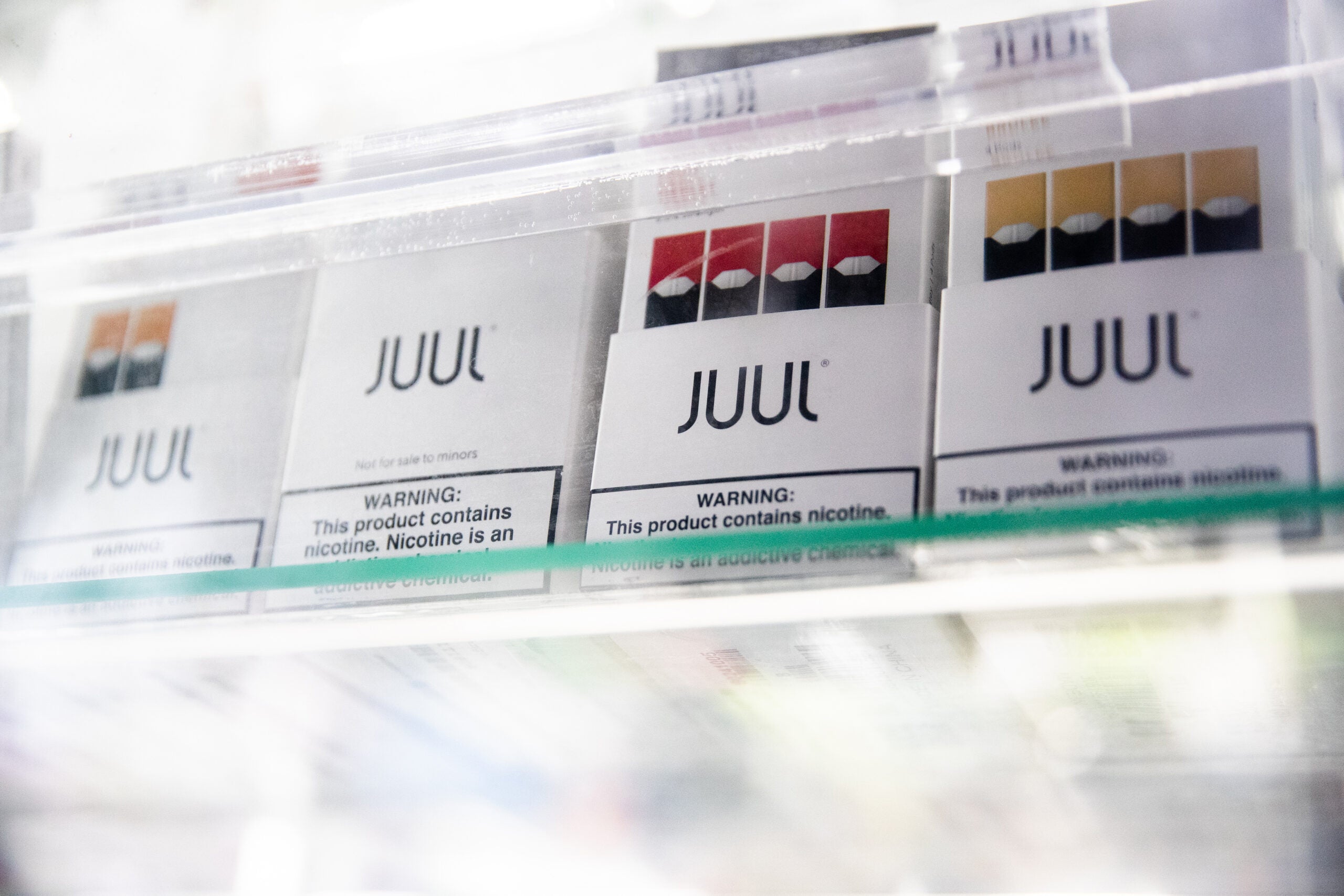National
The FDA cautioned that its latest move should not be misconstrued as a decision rescinding the original order.
The Food and Drug Administration has decided to allow Juul Labs’ vaping products to stay on the market temporarily, citing “scientific issues” that warrant a review of the agency’s ruling last month to ban the company’s electronic cigarettes.
The agency’s decision to conduct an internal review effectively moves the dispute out of the public eye in appellate court, where Juul had initially received a temporary reprieve, and returns it to the agency’s private administrative process. But the FDA cautioned that its latest move should not be misconstrued as a decision rescinding the original order.
On June 23, the FDA issued an order telling Juul to stop selling its e-cigarette products in the United States. In a statement, the agency said that Juul’s applications to remain on the market “lacked evidence” to prove they would benefit public health and included “insufficient and conflicting data” about “potentially harmful chemicals leaching” from its e-liquid pods.
Juul filed a brief in support of a longer-term appeal in the U.S. appeals court in Washington, D.C., calling the agency’s ban “discriminatory” and accusing it of “threatening” conduct.
In a brief filed last week, Juul argued that it had helped 2 million adult smokers quit traditional cigarettes. Juul also said it had been treated unfairly, noting that it had been singled out by members of Congress who nudged the agency to spurn the company.
Juul also said that it had received just one opportunity to address the FDA’s concerns before it issued the denial. In contrast, other companies were allowed to submit up to 14 amendments to their applications, Juul said in its court filing.
The FDA has not released the document outlining its reasons for denying Juul’s marketing application. Juul’s court filing said the agency contended “in more than two dozen places” that Juul did not provide enough data on four chemicals.
The company’s filing said that the four chemicals were identified in a study examining toxins leaching from its plastic pods into the e-liquid inside, which becomes vaporized when heated and is then inhaled by users. The agency took exception with the fact that none of those chemicals had appeared in Juul studies listing the makeup of its devices’ aerosol plume, the company said in its court briefing.
Juul said it supplied thousands of pages of data in which those chemicals would have been disclosed if they were detectable in the aerosol.
This article originally appeared in The New York Times.
